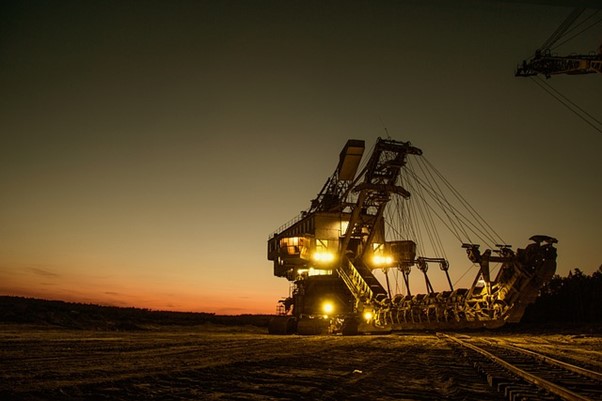When it comes to construction, industrial projects come in many forms. This is often characterised by large-scale projects with a high degree of technical complexity. These projects typically involve massive and intricate structures such as processing plants, manufacturing facilities and power plants. For example, in PNG, a Petroleum company is building a USD 100 million fabrication facility that is set to open by mid-2024, giving local manufacturing a solid boost.
Let us look into the complexity of industrial construction. It lies not only in the scale of these projects but also in the detailed coordination of various specialised trades and advanced technologies required to bring them to fruition. We, at Cameron Construction, are experts in construction project complexities, as is detailed below.
Design & Engineering: A Collaboration
At the heart of industrial construction is the collaboration between design and engineering. This partnership makes sure that the structures are not only pleasant to look at but are also functional, safe and sustainable. This delicate balance involves architects, engineers and construction teams working together to solve complex problems. Their careful planning and execution of construction activities range from site selection and preparation to the integration of mechanical, electrical and plumbing systems.
Regulatory Compliance and Safety Standards
Regulatory compliance is a very important factor in industrial construction. These construction projects need to adhere to local, national and international codes at every stage. Construction firms must consider regulations governing environmental protection, worker safety and building codes. Safety standards, especially those related to structural integrity and hazardous materials, are non-negotiable when it comes to industry best practises. Companies like Cameron Construction are miles ahead in this regard with an ISO certification. This move reinforces their commitment to safety and quality management in every project.
Sustainability & Technology in Industrial Construction
Technological advancements are bringing about a sea change in industrial construction. Automation, prefabrication and the use of drones for surveying are just a few examples of how technology can increase efficiency and accuracy while reducing risks and costs. Sustainability has also become a core component, with an emphasis on eco-friendly materials, energy-efficient designs and waste minimisation strategies. Progressive construction firms like Cameron Construction are constantly seeking new ways to bring in sustainable practices into their business models for minimal environmental impact.
Logistical Considerations: Main Challenges
The logistical challenges in developing and executing industrial construction projects successfully are quite a few in number. Efficient project management is the secret to keeping projects on schedule and within budget. It involves careful planning, a clear understanding of the scope, procurement and allocation of resources and continuous monitoring. For companies operating in remote areas, these challenges become greater by the difficulty of transporting heavy machinery and materials to and from the site.
Industrial Construction and Financial Factors
Industrial construction projects require substantial financial investments, and quite often, they are often subject to minute financial scrutiny. There are risks involved which include cost overruns, delays and operational inefficiencies. Risk management strategies need to be drawn up to deal with these issues, relying on analysis and contingency planning. By securing adequate funding and managing financial risks effectively, construction firms can make sure their project stay viable and profitable.
Labour Hire and Workforce Expertise
A skilled workforce is the primary pillar of success of industrial construction projects. Hiring the right labour teams is important. Supplying qualified and certified personnel capable of handling the tasks required on site is a specialty at Cameron Construction. We supply well-paid labour for the most demanding roles in your industrial construction projects. Our employees are not just workers but also specialists in their fields.
Quality Assurance & Supply Chain Factors
A reliable material supply chain is an important aspect of industrial construction. Making sure that the availability of high-quality materials at fair prices and timely deliveries is just what contractors, realtors and builders need. With Cameron Construction, there is a strict quality assurance process that rigorously test materials to meet industry standards.
Industrial Construction in Remote Locations
One of the unique challenges of companies like Cameron Construction is operating in remote locations like Papua New Guinea. The geographical isolation poses logistical and operational difficulties that call for adaptability and creative solutions. Succeeding in this area means one has developed strategies to deploy well-constructed facilities to remote sites, making sure that they can operate effectively.
Stakeholder Engagement and Communication
Open lines of communication with all stakeholders, including clients, subcontractors and government entities, help in smooth execution of projects. Effective communication makes sure that all parties are aligned with the project goals, timelines and expectations. It is also important when promptly addressing issues that arise, reducing the likelihood of misunderstandings and disputes in industrial construction projects.
As industrial construction continues to grow, driven by advances in technology, Cameron Construction matches steps with the changing times. We, at Cameron Construction, have been able to adapt to these changes while maintaining our core values of safety, reliability and quality. If you need us to take over your upcoming industrial construction project, reach out to our team of experts today.


